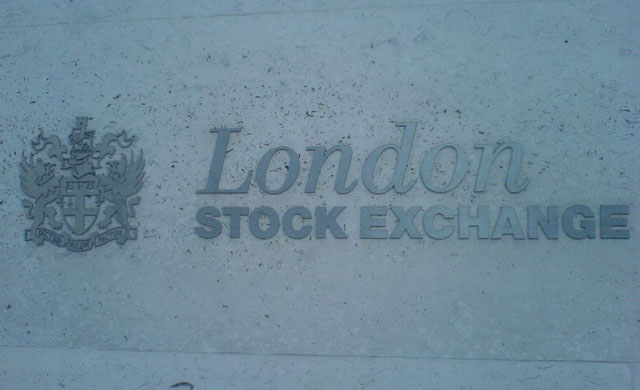Sterling and London shares seemed full of the joys of spring this morning, shrugging off talk of a likely failure in the negotiations over Britain’s future trading relationship with the European Union.

Then pound gained 0.22% against the euro to trade at €1.1212, and the blue-chip FTSE 100 index rose 2.5% to 5,944.73. Against the dollar, sterling was 0.15% higher at $1.2121, and in yen terms it gained 0.17% to 129,932 yen.
The more domestically-focused FTSE 250 was 2.61% higher at 16,069.19.
General rise in equities
Last week ended with gloomy suggestions that the UK and EU were far apart on key issues in the negotiation, such as the extent of continuing EU access to British fishing grounds and the insistence by Brussels of a level playing field in terms of regulations and standards between the two jurisdictions. This morning, the Financial Times reported: “What the two negotiation teams have managed to do over three rounds of talks is define the toughest nut that ultimately their political masters are going to need to crack. This is the EU’s demand that any trade deal come with a robust, enforceable, level-playing field of regulations to ensure that businesses are not unfairly undercut.”
But it added: “Both sides argue that their positions on this are misunderstood, a sign perhaps that there is more room for manoeuvre than meets the eye.”
It may be the suggestion of possible “wriggle room” in the talks has pepped up the pound and London shares, although the latter may be benefiting from a general rise in equities. Frankfurt, Paris, Amsterdam and Madrid were all higher in early trading today, the Nikkei 225 in Tokyo closed higher earlier in the day and Wall Street ended up on Friday.
WTO rules mean tariffs
While the discussions are currently led on the British side by David Frost and on the European Commission side by Michel Barnier, the FT said the time was nearing when politicians would need to get involved. UK Prime Minister Boris Johnson is due to hold talks with the leaders on EU institutions in the summer.
The coronavirus outbreak has made the negotiating process more difficult than it would have been, with talks conducted over video links.
Britain left the EU on 31 January, but is currently in a transition phase in which it remains subject to most EU rules. This is due to expire on 31 December and, although the UK can request an extension of up to two years, the Government has said it will not do this.
Failure in the talks would mean Britain’s trade with the EU would be governed by the rules of the World Trade Organisation (WTO), which would involve tariffs on both UK exports to the EU and EU imports coming into the UK. In the talks with Brussels, the UK is seeking tariff-free access to the EU market.




 Hot Features
Hot Features










